The biblical Day of Atonement, Yom Kippur, holds a deeper significance this year following the tragedy of October 7. Along with the traditional prayers of the day, we must ask ourselves other questions. Where did we fail? Whom did we abandon? How arrogant were we? Whom did we leave behind and forget? Did we cry out enough, or did we question too little? What and whom did we overlook? Why didn’t we stand together? The past year has been the worst in the 76-year history of the State of Israel. This year, I long for a reconciliation like that of Esau and Jacob: “But Esau ran to meet Jacob and embraced him, threw his arms around his neck and kissed him. And they wept.” Only united like this, with God’s help and grace, can we overcome our enemies in battle.
Taking responsibility for our bad intentions or our indifference is one of the key elements of the biblical Day of Atonement.
“For on this day, atonement shall be made for you to cleanse you; from all your sins you shall be clean before the LORD.” (Leviticus 16:30)
It is a day when we should not point fingers. It is a day when we acknowledge that each of us played a part in the catastrophe one year ago, including our national leaders. Everyone must humbly and courageously take responsibility to enable healing and reconciliation within our people.
Since 1973, Yom Kippur has held a place in Israeli consciousness not only as a day of personal reflection, as it has for millennia, but also as a day of national responsibility. Throughout history, it has been a day when the people of Israel fast, pray, and ask: “How have we sinned, deceived, stolen, slandered, and given false counsel?” This question is one we all ask ourselves each year. What do we want to improve in the coming year? The Yom Kippur War added another layer to this reflection.
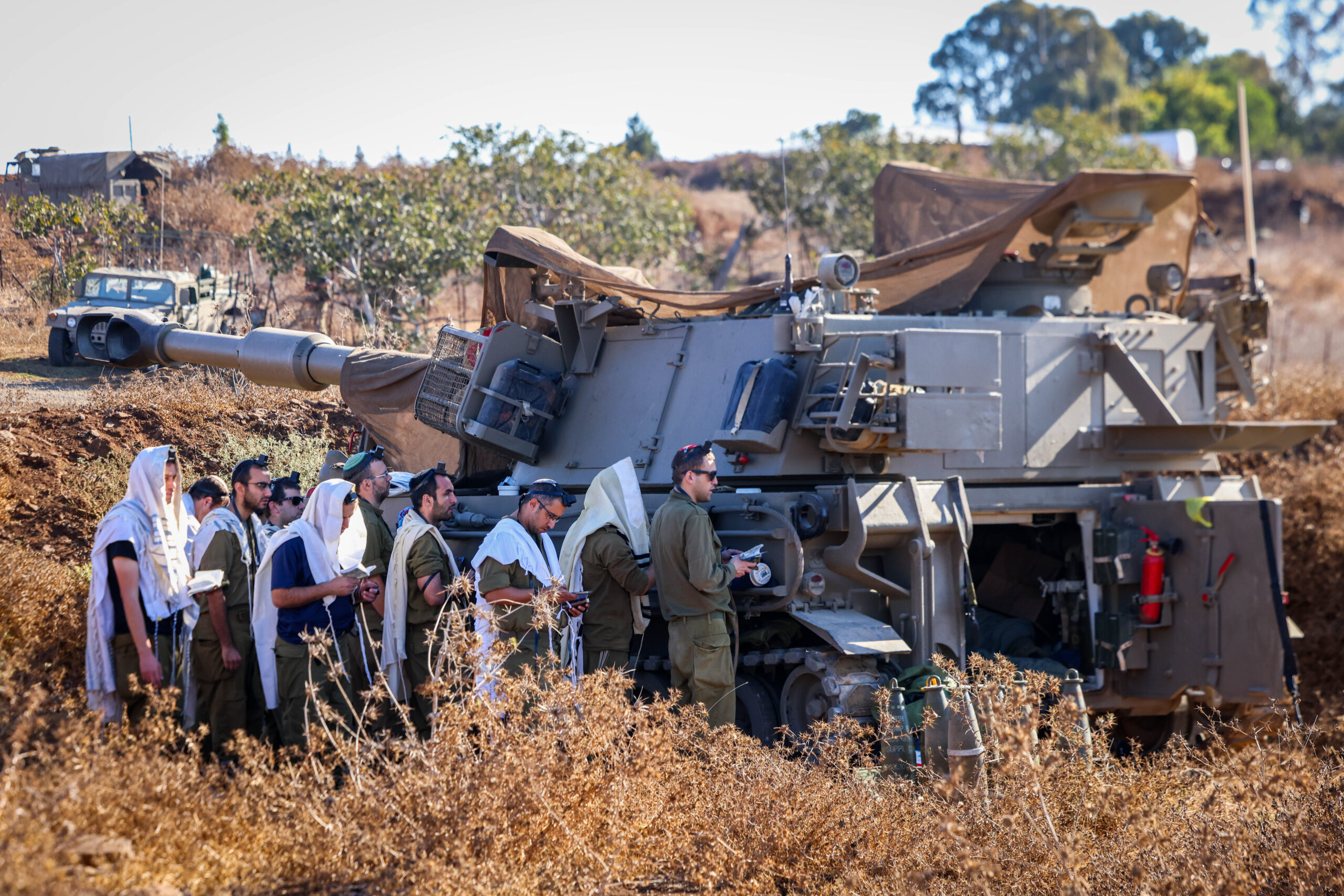
Now, on this Yom Kippur after October 7, we carry a new, painful acknowledgment of responsibility for a catastrophe—one worse than the Yom Kippur War. This year, we must ask ourselves additional questions:
- Where and why did we, as a society, fail?
- Why did we deserve this as a society?
- How could we have been so shockingly caught off guard on October 7?
- Was it arrogance?
- A total systemic failure?
- Betrayal?
- Are only the government and the security apparatus responsible, or is the entire society?
- What did we miss on that Shabbat morning?
I know no one in this country who has a clear answer to these questions.
Taking responsibility for our bad intentions or indifference is a fundamental rule of reconciliation, both with one another and with God. Self-examination, both on an individual and societal level, brings with it accusation, but it also points the way to atonement and a new beginning. Yom Kippur is not a day for shifting blame onto others. It is a day for all of us to recognize that each of us shares some responsibility for the catastrophe. We are all disappointed in our leaders, some more, some less. Some solely blame Prime Minister Benjamin Netanyahu for the failure; others blame the entire security apparatus that has been caught in a misguided strategy for decades. But Israel’s leadership is a reflection of society.
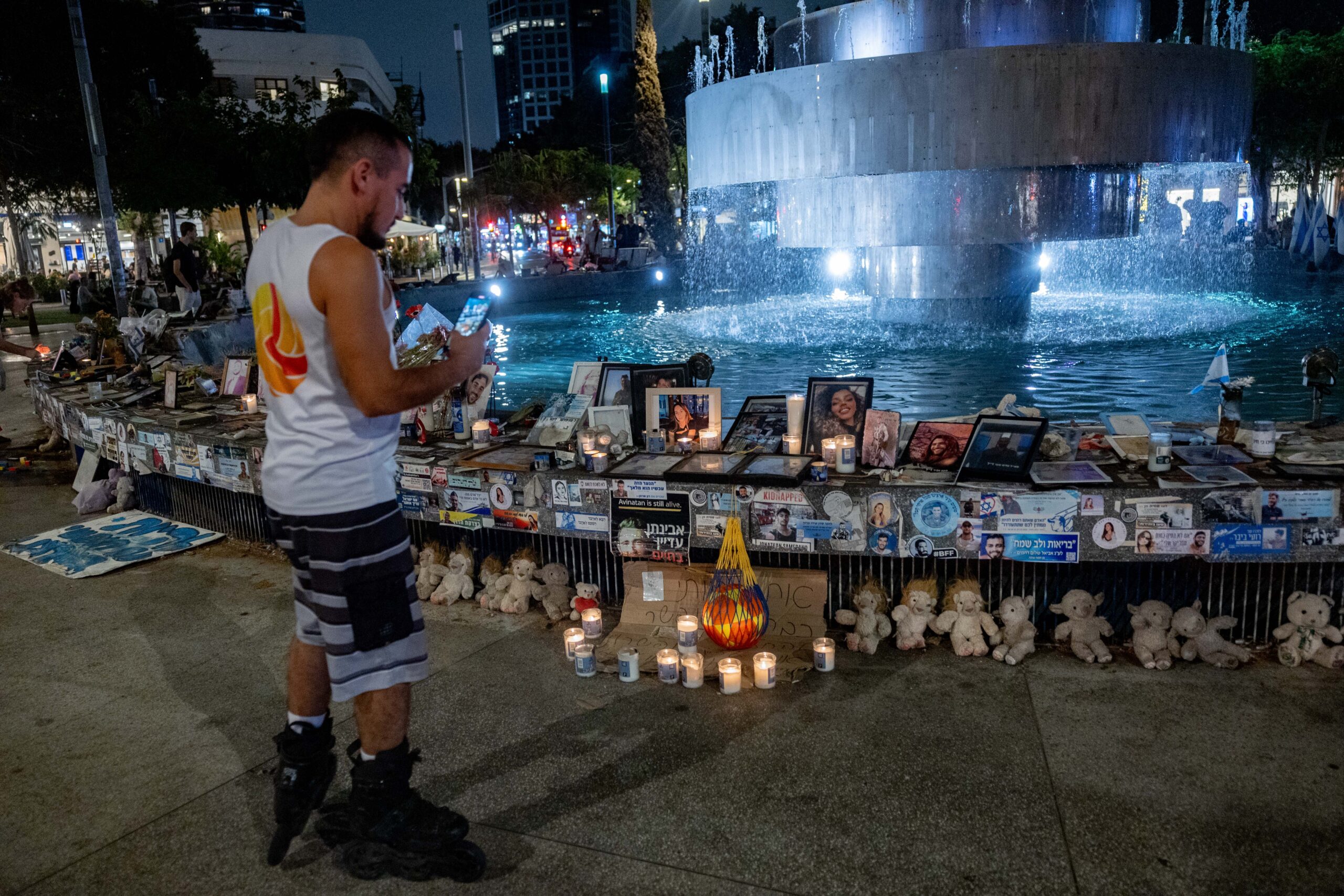
Moreover, it’s important not only to beat our chests in repentance but also to pat ourselves on the back and remember how much good we have done this year—how much we have loved, how much we have chosen life, how prepared we have been for every task, how much we have cried, how much we have dedicated ourselves. We thought of everyone; we hugged our loved ones; we purified our hearts; we distinguished between good and evil; we suffered; we took responsibility; we fulfilled our duties; we were in despair but rose again; we bravely forgave; we freed some of the hostages; we cried out for those still in need and captivity; we maintained hope despite everything; we saw our fellow humans; we continued to serve and didn’t give up. We suffer and fight because we choose and love life. But we must do this together, in love, as the Psalmist (133) writes:
“Behold, how good and how pleasant it is for brothers to dwell together in unity! For there the LORD commanded the blessing, even life forevermore.”


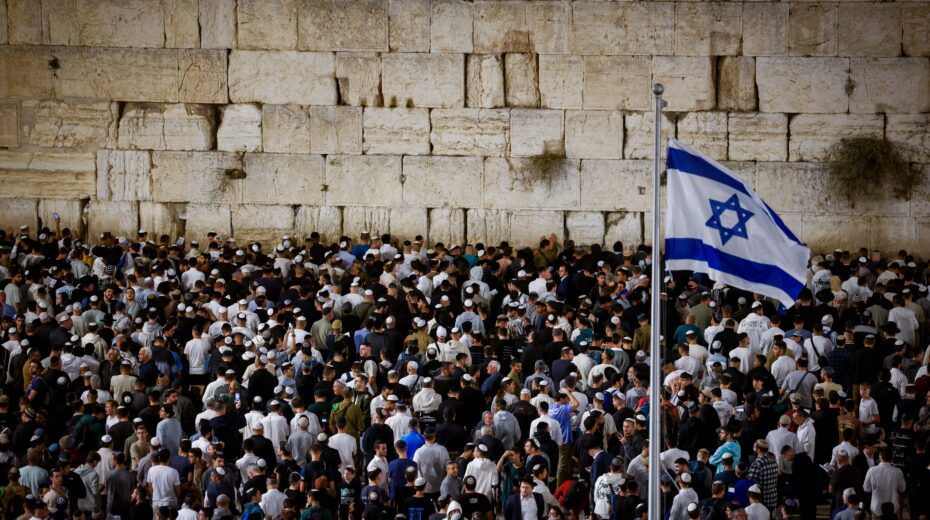





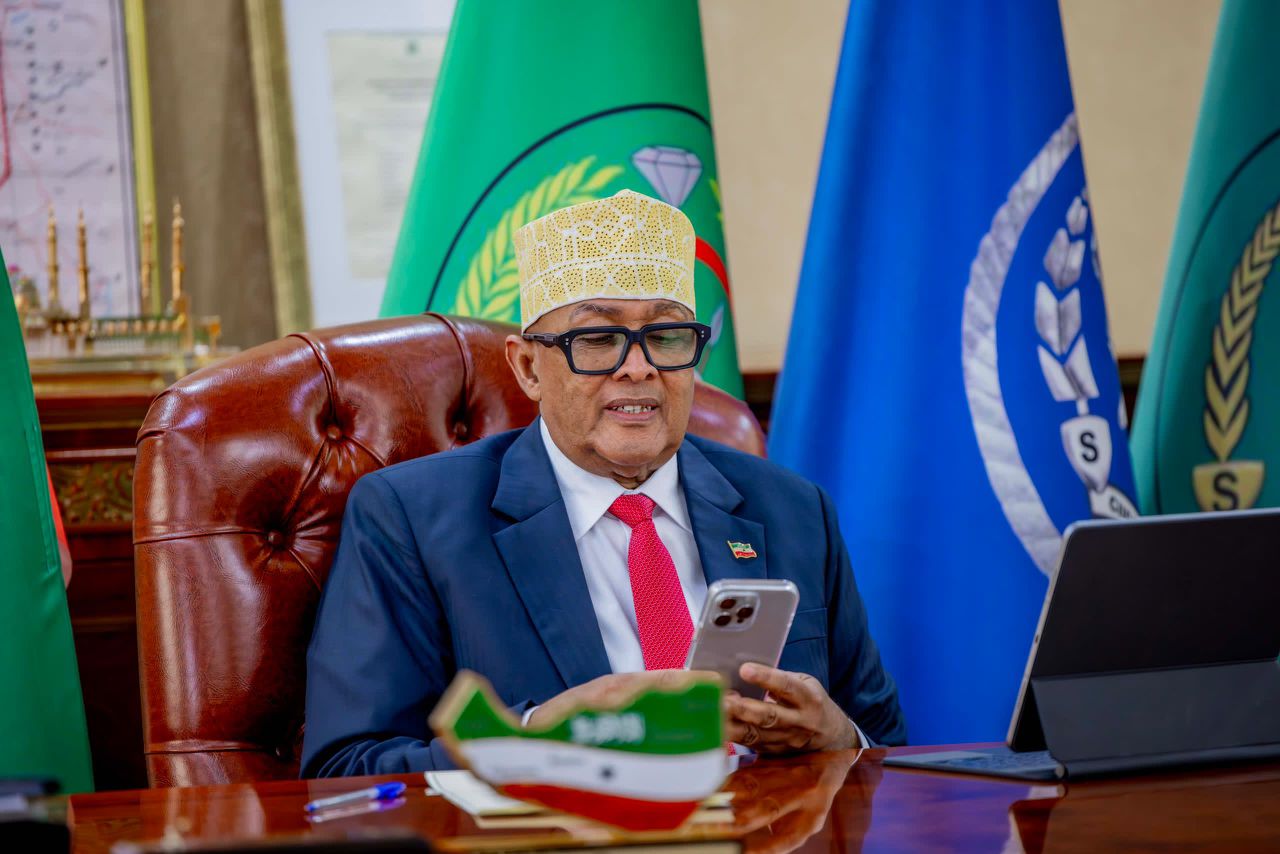

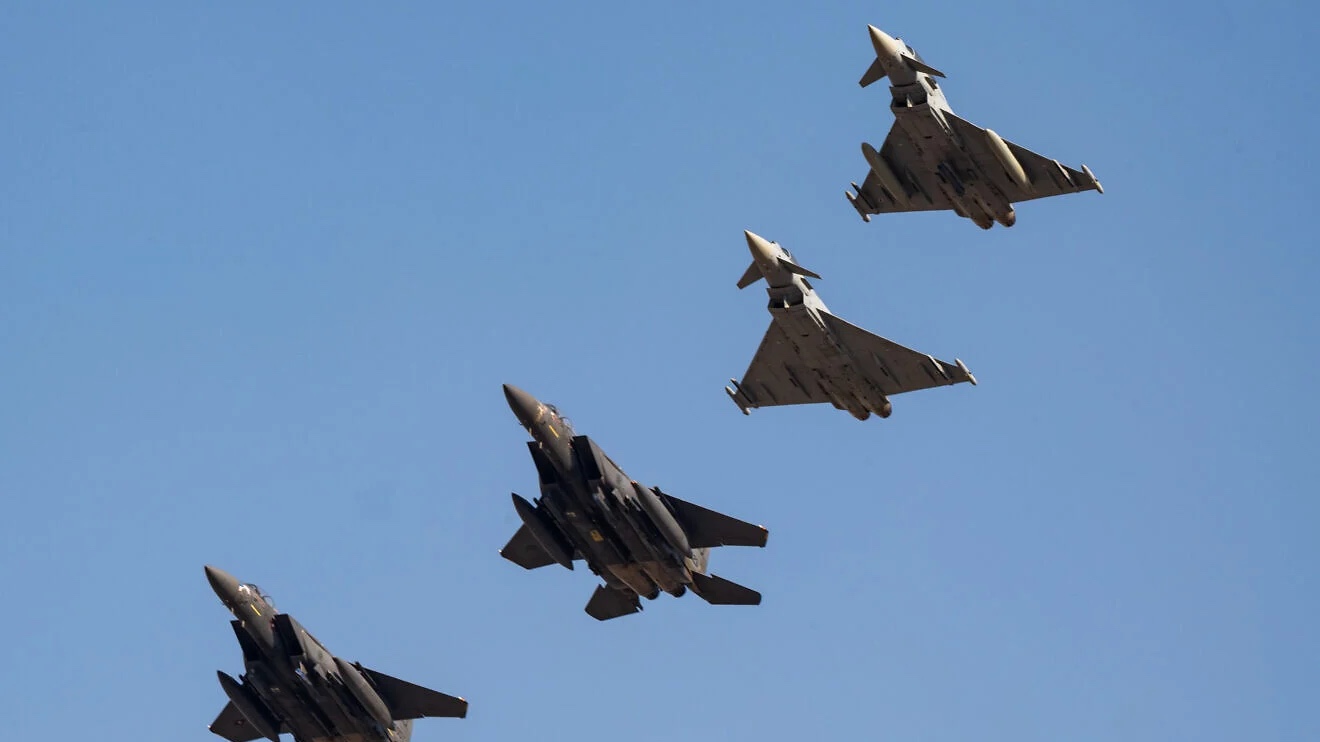
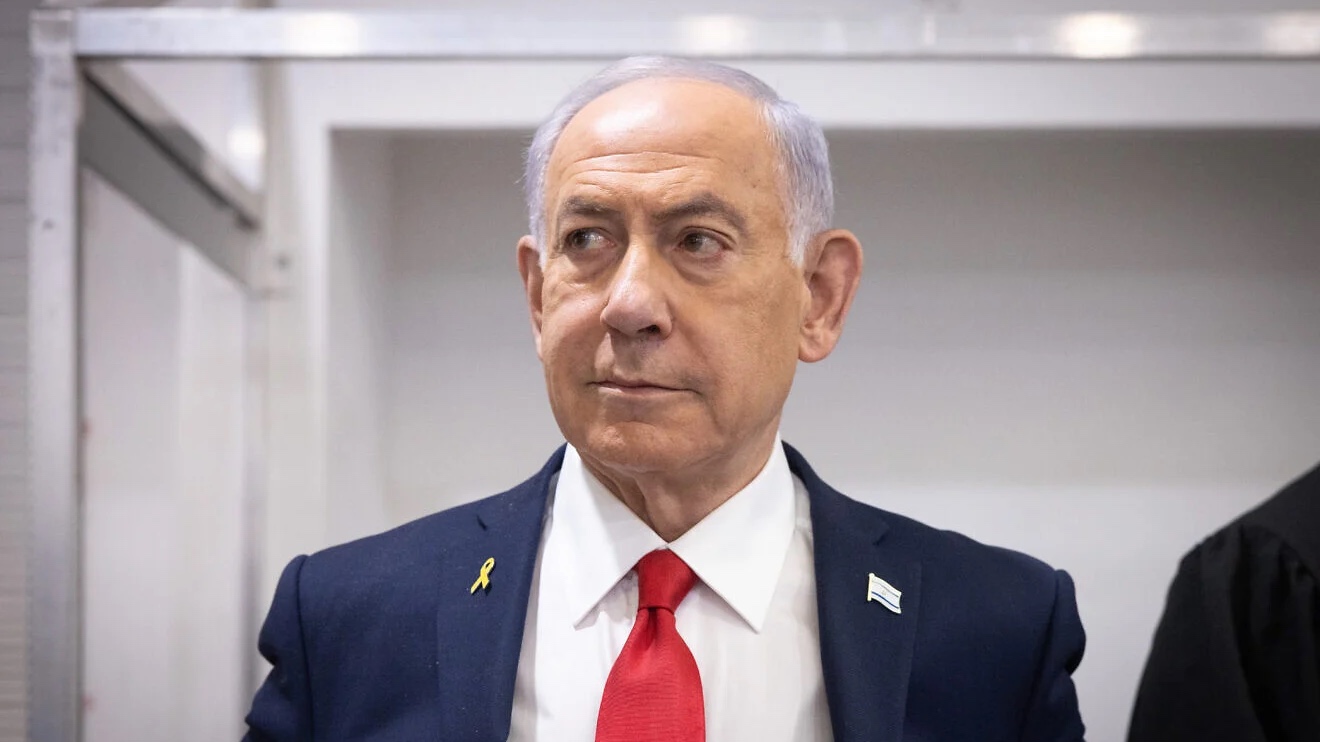



Israel does many things much better than any other nation, but, as a nation she has rejected her Messiah on 3 occasions. Acts. 7/52-60: Matthew. 27/25: John. 19/15.
Please read Matthew. 23/37-39. Only in an Authorised version of the King James Holy Bible as others leave out important passages.